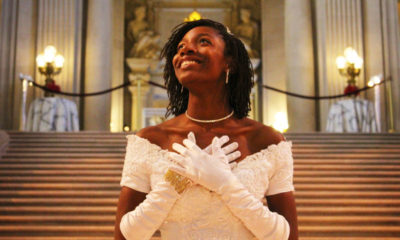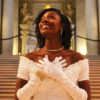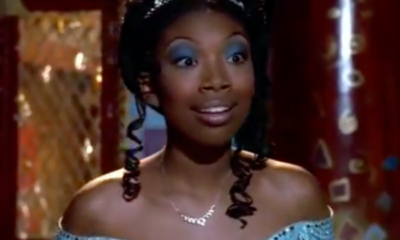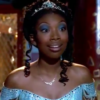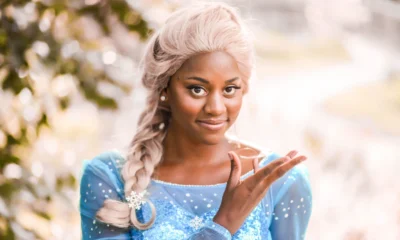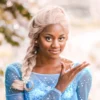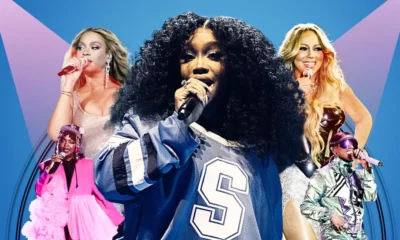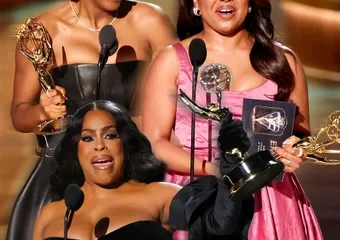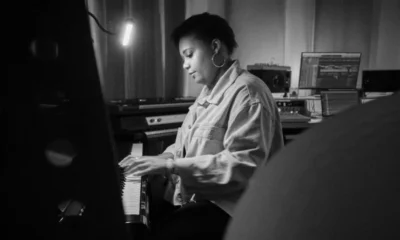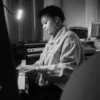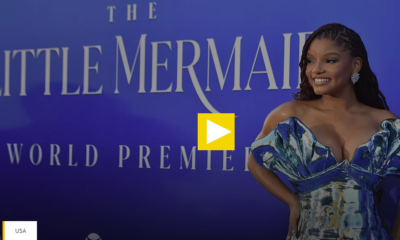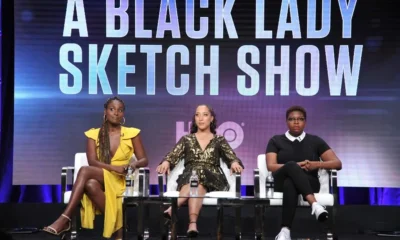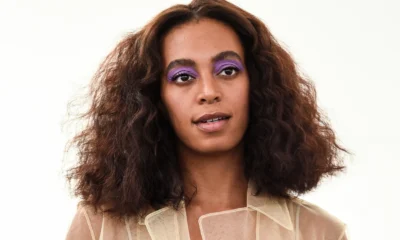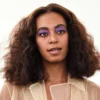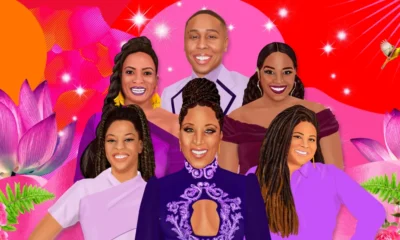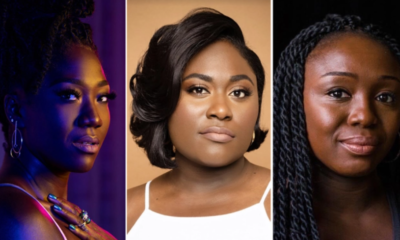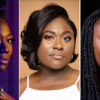When I was younger, I was a Disney film connoisseur. I had a robust collection of VHS tapes, and Cinderella was one of the most frequently watched. I love a rags-to-riches story — which would explain my affinity for many things, like Fixer Upper and trap music — and I absorbed every iteration of Cinderella available to me, including Cinderella on Ice and the 1965 Rodgers and Hammerstein televised musical version. Luckily, in addition to supporting my Disney habit, the women in my family thought it was really important for me to consume content that included people who looked like me. When the Rodgers and Hammerstein musical version of Cinderella was updated for a third time with a cast so diverse that it would make 2017 Hollywood feel bad, I was all over it. But 20 years later (the film aired on November 2, 1997), I know that a more diverse cast only does so much for a story that just isn’t that progressive.
PHOTO: WALT DISNEY PICTURES/PHOTOFEST.
When I was younger, I was a Disney film connoisseur. I had a robust collection of VHS tapes, and Cinderella was one of the most frequently watched. I love a rags-to-riches story — which would explain my affinity for many things, like Fixer Upper and trap music — and I absorbed every iteration of Cinderella available to me, including Cinderella on Ice and the 1965 Rodgers and Hammerstein televised musical version. Luckily, in addition to supporting my Disney habit, the women in my family thought it was really important for me to consume content that included people who looked like me. When the Rodgers and Hammerstein musical version of Cinderella was updated for a third time with a cast so diverse that it would make 2017 Hollywood feel bad, I was all over it. But 20 years later (the film aired on November 2, 1997), I know that a more diverse cast only does so much for a story that just isn’t that progressive.
Before I dig into all the ways the Cinderella story needs to be updated, I have to explain why the 1997 version was so lit. First of all, Brandy played Cinderella. Moesha, Brandy. “The Boy Is Mine,” Brandy. In 1997, Brandy was 18 years old and at the height of her career. It was a huge deal that she was playing the titular role that had previously been reserved for white women. It was only overshadowed by the fact that her fairy godmother was played by the incomparable Whitney Houston. Whoopi Goldberg played the royal queen alongside Victor Garber as the king. One of Cinderella’s stepsisters in the movie was manned by Natalie Desselle-Reid, who you appreciate if you’ve ever seen B*A*P*S. This was not just a televised movie. It was an event. My only regret is that Black Twitter wasn’t yet around to enjoy it with me.
The songs written for the 1965 version were naturally remixed with Brandy and Houston’s soulful voices, and some ’90s R&B tempo. I hadn’t been able to dream up a Cinderella with braids or a fairy godmother with natural hair before 1997’s Cinderella, and I know it meant the same thing for many other Black girls. It was one of the rare moments where we got to see ourselves in the fairytale, and it is often called by its unofficial title, “The Black Cinderella.”
It’s an experience I would gladly relive if we could flip the script, and not just the characters. While Cinderella captures the dream of social mobility, albeit unrealistically, it’s major theme is rooted firmly in old sexist tradition. Even with the help of an actual magical being, Cinderella is only able to attain true happiness and escape from her life of poverty with the help and romantic affection of a man. Not to mention the fact that all of Cinderella’s interactions with …





